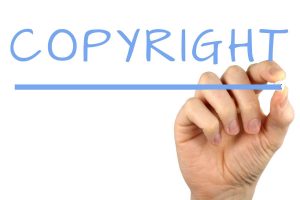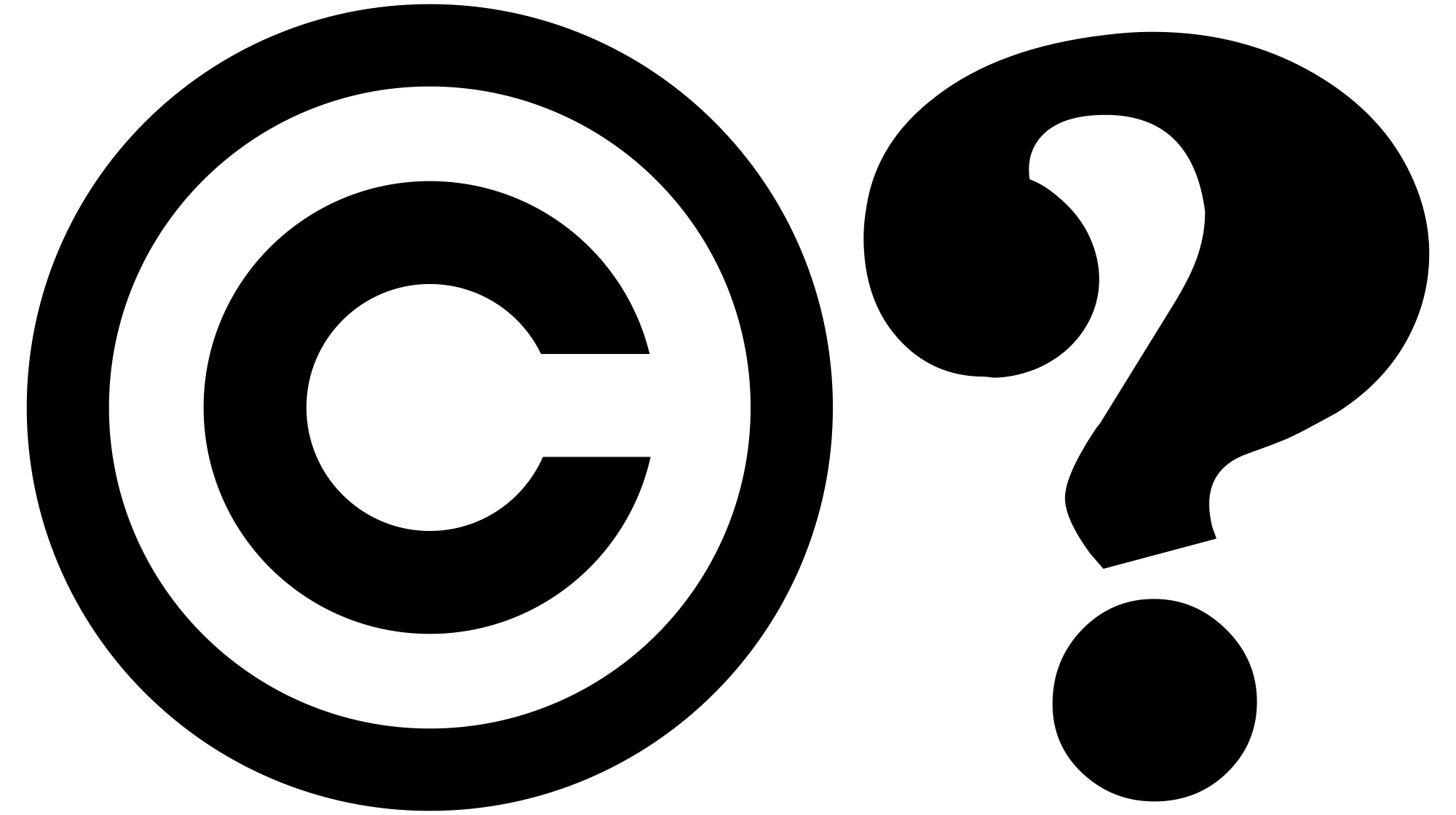A copyright is a law that gives you the exclusive rights to the things you created. This could be a novel, movie, music, paintings, and other works of art.
With copyright in place, authors of original works can protect their works from being used or replicated without their permission.
Copyrights are not forever. Usually, this law holds for a certain stimulated time – often 50-100 years after the author’s death, after which the work will be passed into the public domain. Works in the public domain are not protected by law, and anyone can do anything they want with it.
Copyright is only applicable to the form in which an idea is expressed and not the idea itself. For instance, you can copyright a music video you authored but cannot copyright the idea of making music videos. So the item you want to copyright must come in a material format such as a book, DVD or paintings.
Copyright owners rights
Copyright owners have certain rights which they can exercise over the copyrighted products. These rights include:
- Rights to perform the work
- Rights to create derivatives of the original copyrighted items
- Rights to perform and display the work in public
- Rights to make copies of the work
- Rights to distribute the work.
In addition to the above fundamental rights, the copyright owner also owns exclusive rights to pass all or any of the above rights to individuals or companies as deemed fit.
Another fundamental aspect of copyright law worth considering is the “work made for hire.” “work made for hire” is the type of copyright law that offers exclusive rights to a work to companies. For instance, a paper company that hires the services of a writer will own the copyright to any articles written by such a writer as long as the writer is considered as its employee.
 Applying for a copyright
Applying for a copyright
Often it is not necessary to register for copyright to obtain protection of your work, but it is advisable to do so especially if you’ll ever take legal action against right infringement. Applying for copyright involves three essential elements: an application form, a non-refundable filing fees along with a copy of the work you wish to copyright. This can be submitted via the internet which is quicker or via the post office.
Including a copyright notice
Including a copyright notice in your work is often not necessary but can be beneficial if included.
First off, a copyright notice informs the public that your work is copyright protected and gives the time of publication as well as who the work belongs to.
The copyright notice also helps you to make use of the copyright law without actually obtaining a copyright certificate from any copyright officers.
Another reason why a copyright notice should be included in your work is to prevent ‘accidental’ right infringement.
Limits of a copyright
Ideas, procedures, methods, and processes of making a thing cannot be copyrighted but patented. Names, slogans, logos, and brands can only be trademarked.
Copyright also expires but this is usually long after the demise of the author.
